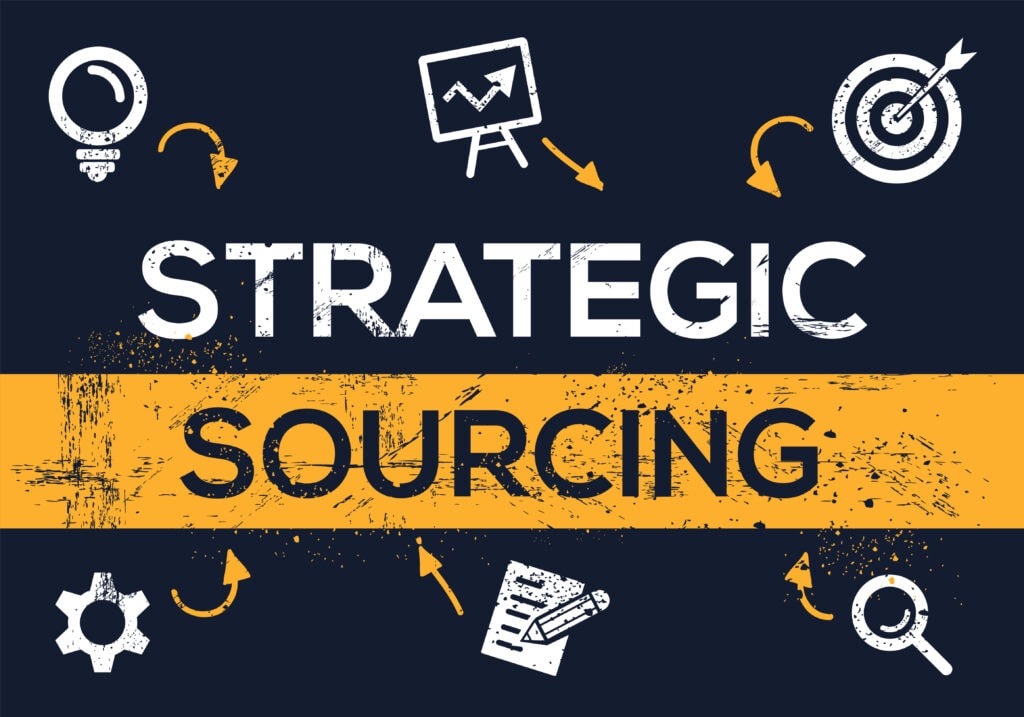The Costly Consequences of Bad Data

A majority of sourcing and procurement leaders say they were inadequately prepared for supply chain disruptions in 2022. This lack of preparedness is partly due to continued and overwhelming reliance on manually updated source-to-pay platforms, which seriously limit operational efficiency. Worse, inaccurate supplier data inhibits business continuity, especially as disruptions continue.
Data-based delays lead to unmet KPIs at best and, at worst, global shutdowns. But to fully understand how procurement can manage supply chain risks, we must first understand what these risks entail.
Supplier sourcing delays have several mission-critical consequences, such as delays in project completion due to long supplier sourcing timelines, exceeded project budgets, and failure to meet consumer demand. These issues severely limit supply chain agility and curtail an organization’s competitive advantage.
The positive news is there is a more efficient way to discover new suppliers. Investing in trustworthy supplier data enables critical business processes to function while expediting project timelines.
Procurement professionals take an average of five weeks to find a supplier, with more than half of all supply chain managers spending about 45 minutes every day looking for supplier information. In a 40-hour workweek, that’s well over three hours devoted to seeking manual—and likely incorrect—supplier data. This time could otherwise be spent on high-impact initiatives.
But the consequences of inaccurate data go far beyond operational inefficiencies. When employees spend hours on the front end of a project scouring records for a supplier, they often delay project completion.
Meeting Consumer Demand
Concessions to work with costly or otherwise flawed suppliers aren’t even enough to meet consumer demands. Over 40% of sourcing executives report failing to meet demand due to delays or rigid supplier sourcing. Procurement professionals should heed these consumer expectations by prioritizing data that enables business agility.
Inaccurate data arises from problematic practices, including the general need for suppliers to manually—and frequently—update their information. Therefore, the burden to maintain data is on suppliers, which can create inaccuracies between various data sources. And when procurement professionals have no single source of truth to rely on, data integrity suffers.
The solution lies in artificial intelligence (AI) and machine learning (ML)-enabled tools that ease the supplier sourcing process. AI and ML enable comprehensive data by intuitively compiling robust, accurate supplier data. Instead of relying on human inputs, AI-driven data platforms can autonomously update supplier data from millions of sources at scale, keep it up to date, and reconcile information across multiple sources based on historical reliability of the sources.
A supplier data platform provides a single source of truth for critical supplier information that easily integrates with existing systems. This reduces the time employees must spend combing through inaccurate data. Reliable data foundations also allow decision-makers to shift supply around quickly, making it possible to meet unpredictable supply chain demands and combat risks associated with rigid supplier timelines.
Procurement professionals should consider adopting tools that combat project completion delays, exceeded budgets, and unmet consumer demands. Completing these KPIs will determine which enterprises remain successful and which succumb to business pressures.

